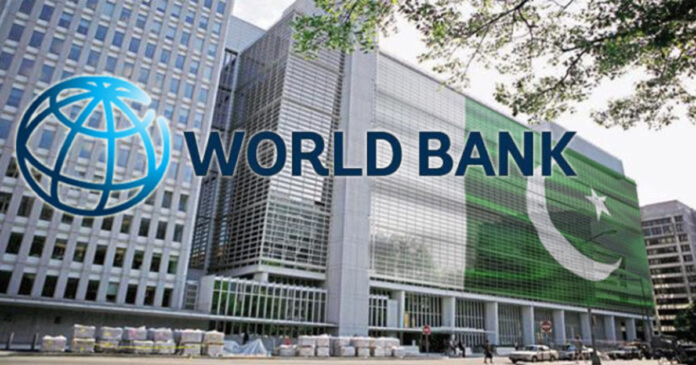Pakistan’s economic situation has drawn serious alarm from the World Bank, which also noted a substantial increase in poverty to 39.4% as of the most recent fiscal year.
World Bank Concerns Over Pakistan’s Economic Health: This indicates that an additional 12.5 million people, bringing the total number of Pakistanis living below the poverty line to around 95 million, do so as a result of deteriorating economic conditions. The country urgently requires significant policy changes, according to Tobias Haque, the World Bank’s principal country economist, citing severe economic and human development difficulties.
Income Enhancement Ideas
Pakistan’s current tax-to-GDP ratio is only 10.2%, despite the country’s capacity to collect taxes equal to 22% of GDP. The World Bank offers a number of strategies to close this gap, such as:
- Removing tax exemptions, particularly in the power generation, real estate, and agriculture sectors.
- Mandatory CNIC usage for transactions, especially asset-related ones.
- Enhancing excise duties on cigarettes, ensuring consistent rates across brands with annual inflation-adjusted increments.
- Streamlining land and property tax systems, addressing disparities between actual market valuations and different provincial and federal tax rates.
calls for a reduction in spending
The World Bank advises Pakistan to reduce wasteful spending and proposes a thorough fiscal adjustment exceeding 7% of the size of the GDP in order to stabilise the economy. Some recommendations are:
- Slashing energy and commodity subsidies.
- Implementing a single treasury account to manage government deposits more efficiently.
- Reducing unnecessary federal spending on provincial projects and loss-making entities.
- Addressing inefficiencies within the energy sector, including the high costs borne by households and losses by power distribution companies.
The World Bank emphasises that although they can offer guidance and financial assistance, the true solutions must come from Pakistan itself. Promoting inclusive, sustainable, and climate-resilient development is the ultimate objective.

